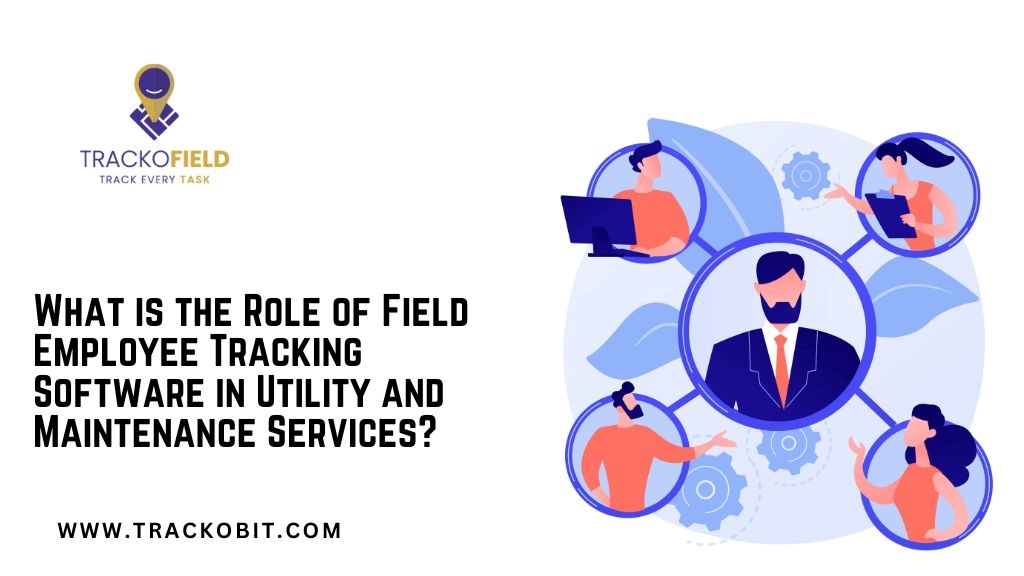
The use of cloud-based ERP (SaaS) solutions for human capital management (HCM) has skyrocketed in recent years. Workday is a top supplier of enterprise cloud software for finance and human resources, streamlining the management of HR, hiring, and payroll procedures for companies.
Although Workday can improve your current HCM-related capabilities and expedite your business procedures, it cannot function alone. It would be best to concentrate on integrating Workday with your current on-premise and cloud systems to optimize the efficiencies and cost savings it can provide.
Why do Organizations Use Workday?
In the fiscal year 2022, Workday brought in over five billion dollars in revenue to the corporation. Payroll solutions, financial management, and human capital management for businesses are among its specialties. The tool, which offers a real-time snapshot of an organization's personnel and financial performance, is used by organizations.
Workday is a comprehensive system with many different modules. Workday serves a wide range of clients worldwide, including governments, educational institutions, small and large organizations, and those who require financial management, human capital management (HCM), or performance analytics reporting.
Numerous departments with a range of operations and functions in every company. Organizational type and business requirements determine which tool is best for a certain business. All of these organizational goals and efforts may be planned and carried out with the aid of the Workday platform. But what happens if something goes wrong with your Workday implementation? What is the reason behind employees' incorrect or nonexistent use of the software? In what way can you determine if procedures are being followed?
Let's start by ensuring the Workday platform satisfies your organization's requirements and that the initial implementation of Workday's best practices is being carried out.
Advantages of Implementing Workday for Small Businesses
1. Hands-on Finance and HR Management
Workday’s integrated platform connects HR and finance processes, allowing small businesses to manage payroll, benefits, employee data, and financial transactions in one unified system.
By doing away with the requirement for numerous independent systems, this integration lowers complexity, data silos, and mistakes made when entering data by hand. Workday facilitates improved decision-making, operational efficiency, and collaboration between the finance and HR departments by offering a single view of HR and financial data. hen implementing Workday for small businesses, understanding and calculating EBITDA (Earnings Before Interest, Taxes, Depreciation, and Amortization) is crucial. EBITDA shows a company's operational profitability by excluding non-operational expenses. Ready-made financial templates in Workday simplify this calculation, ensuring accurate and efficient results. These templates save time, reduce errors, and provide reliable financial insights essential for analysis and strategic planning.
2. Real-time Analytics and Insights
Small organizations can make data-driven decisions and get actionable insights from Workday's analytics and reporting solutions. Businesses may track key performance indicators (KPIs), spot trends, and project future performance through customizable dashboards,
HR MIS report, and analytics.
Businesses that have instant access to vital data are better able to adapt swiftly to shifts in the market, allocate resources efficiently, and seize expansion possibilities.
3. Flexibility and Scalability
Small businesses can benefit from Workday's cloud-based architecture, which allows them to scale and adapt to changing needs and possibilities for growth. As their operations grow, they enter new markets, or they go through organizational changes, businesses can add more users, capabilities, or modules.
Businesses may scale resources up or down based on demand with Workday's subscription-based model, which offers affordable solutions without requiring upfront capital commitments.
4. Simplified Onboarding and Recruiting
Small businesses can streamline and automate their employment process with the help of Workday's recruitment and onboarding tools. Workday expedites the hiring process, improves the applicant experience, and streamlines recruitment workflows from posting job vacancies to managing candidate profiles and holding interviews.
Improved retention rates and a seamless onboarding and training experience for new personnel are guaranteed by seamless interaction with other HR operations.
5. Data Management in One Place
All personnel and financial data are housed in one location, Workday, guaranteeing uniformity, precision, and accessibility throughout the company. A Workday functional consultant can help ensure your data migration to the platform is smooth and accurate, preventing data silos and inconsistencies.
Businesses may improve operational efficiency, preserve data integrity, and make well-informed decisions with the help of single-source reporting and real-time data updates.
6. Workflow Optimization and Automation
Workday's automation features improve efficiency, accuracy, and compliance by streamlining repetitive tasks and manual procedures. Workflows that are automated, such as approval routing and task allocations, decrease errors, ease administrative burdens, and guarantee uniformity throughout the organization.
Employees can concentrate on value-added activities, innovation, and strategic initiatives that propel corporate growth and competitive advantage by automating monotonous work.
7. Cost Effective
Compared to on-premises alternatives, Workday's subscription-based pricing model gives small businesses a lower total cost of ownership, predictable charges, and less upfront investment. Businesses may more effectively allocate resources, reinvest savings into strategic projects, and accelerate return on investment (ROI) when there are no hardware or maintenance costs.
Businesses can match charges to consumption, expand resources as needed, and prevent overprovisioning or underutilization of IT resources thanks to Workday's scalable pricing approach.
8. Future Readiness and Competitive Advantage
Putting into Practice Workday gives small businesses a competitive edge in luring and keeping top people, streamlining processes, and responding to shifting consumer demands. Companies can maintain agility, responsiveness, and future-readiness in a dynamic business environment by utilizing Workday's cutting-edge features, industry experience, and best practices.
Companies can innovate, set themselves apart, and position themselves for long-term success and growth in today's competitive market by partnering with Workday strategically.
Select the Appropriate Middleware for Your Circumstance
Workday offers cloud-based integration middleware of its own that is ideal for developing integration components that are close to the Workday domain. On-premise or iPaaS middleware systems might provide more flexibility when interacting with various apps than Workday.
Before deciding which middleware platform to utilize, take into account the following:
- Does your company already have a middleware platform and expertise?
- With an external middleware platform, there would probably be fewer Workday interaction points required—for example, only one construction of the Worker data common model would be necessary.
- Compared to Workday middleware, an external middleware platform might offer greater functionality and flexibility for integrating with target systems, such as direct database, JMS, and numerous more protocols.
- The skills needed to facilitate integration on Workday middleware are more difficult to find in the market than traditional middleware expertise.
Final Thoughts
Workday integration can help small businesses handle their finance and HR activities more completely, scalable, and securely. Small firms can drive efficiency, simplify operations, and set themselves up for long-term success and growth by utilizing Workday's integrated platform, real-time data, employee-centric design, and automation capabilities.



